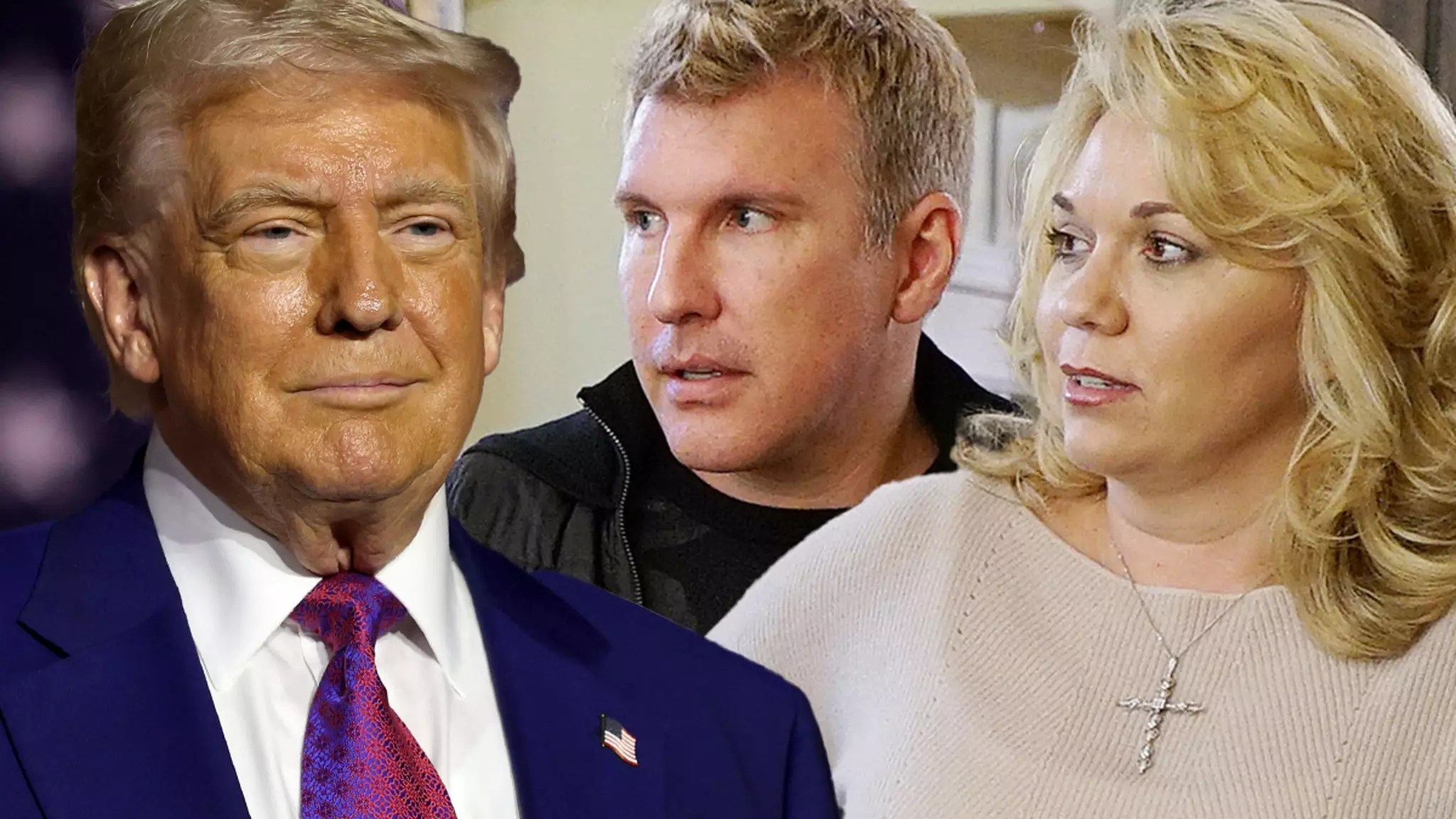In a development that has turned heads and sparked intense debate, Todd and Julie Chrisley have been granted pardons by former President Trump, a move that not only restores their freedom but potentially reimburses them millions in restitution payments. This case brings to the forefront a critical examination of the implications of presidential pardons and the broader judicial system. The pardoning of the Chrisleys, convicted of serious financial crimes, raises questions about fairness in sentencing and reveals the intertwined nature of celebrity, politics, and justice.
Legal Ramifications of the Chrisleys’ Appeal
The Chrisleys were initially sentenced to lengthy prison terms after being found guilty of tax evasion and bank fraud. With a total sentence of over seven years and a restitution order exceeding $17 million, the couple’s legal troubles seemed insurmountable. However, the recent pardons could change the narrative significantly. Federal law stipulates that pardoned individuals are no longer liable for unpaid restitution, meaning the Chrisleys might escape their financial obligations entirely. This aspect of the law is especially contentious, as it suggests that a stroke of a presidential pen can erase substantial financial responsibilities, leading many to question the integrity of the justice system.
The Role of Politics and Public Perception
This case is also emblematic of the complex relationship between politics and the judicial system. Savannah Chrisley, the couple’s daughter, has publicly claimed that her family faced persecution due to their conservative beliefs and visibility. By positioning the Chrisleys as victims of a politically motivated judicial system, she raises a concerning narrative about fairness and bias, which resonates deeply with certain segments of the American populace. The implication that their conviction was influenced by political considerations shifts the focus from the crimes committed to the culture wars surrounding them, reflecting a growing trend where political identities overshadow judicial processes.
Pardons as a Tool for Justice or a Shield for the Powerful?
The use of presidential pardons has long been a double-edged sword, often seen as a means of justice for the wrongfully accused but also as a tool that can favor the well-connected or powerful. Critics of the pardoning of the Chrisleys may view this act as an endorsement of privilege, while supporters might argue for the need to rectify judicial overreach. Whether this particular instance serves to uphold or undermine the integrity of the judicial system is hotly debated.
As the legal community and the public await the fine details of the pardon agreement—including whether any payback will be mandated for the restitution already paid—the case continues to generate waves of discussion. The Chrisleys’ saga, once an example of reality TV fame, now serves as a focal point for larger conversations about equity, justice, and the fallout of intertwined celebrity and politics. The implications of this pardon resonate beyond the individual actors involved, suggesting a possible reevaluation of how justice is administered in a society where influence and power can dictate outcomes.







Leave a Reply